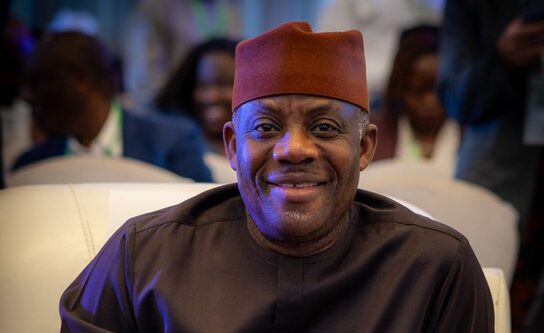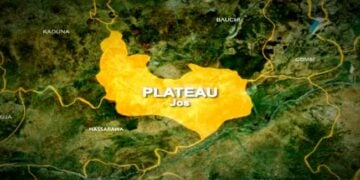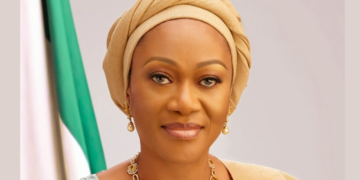The Federal Ministry of Education has unveiled a Communications Strategy and Framework (2025–2027) to strengthen information sharing, public trust, and accountability across Nigeria’s education sector.
The Framework is developed with the support of Partnership for Learning for All in Nigerian Education (PLANE) and UK International Development.
Speaking at the unveiling in Abuja, the Minister of Education, Dr. Maruf Olatunji Alausa, described the framework as a turning point in how it will communicate reforms, achievements, and challenges in education.”
He said it would provide journalists and other stakeholders with clear, fact-based information while countering misinformation and ensuring wider public engagement.
The strategy, which runs from 2025 to 2027, sets out a roadmap for how the Ministry and its agencies will deliver unified messaging, foster transparency, and highlight reforms under the Renewed Hope Agenda.
“The Communication Strategy, we are launching today is not a document to be shelved. It is our blueprint for telling Nigeria’s education story with clarity, credibility and consistency.
“It unites all our departments and agencies under one framework, establishes standards for transparency and stakeholder engagement, and serves as a social contract with the Nigerian people: that every reform, policy, innovation and success story will be shared, understood, and celebrated,” the Minister said.
He also said learners are expected to benefit from clearer information on free and inclusive education opportunities, as well as improved access to STEMM and Technical and Vocational Education and Training (TVET) programmes that directly connect to jobs.
LEADERSHIP report that for parents and caregivers, the new communication system promises safer schools through anti-bullying campaigns and girl-child initiatives. It also offers simplified updates on school enrolment policies, feeding programmes, and re-entry schemes, alongside digital tools to track children’s progress.
The media will also gain timely access to press briefings, fact sheets, and media kits, making it easier to track reforms and communicate them to the public while Teachers and school leaders will gain more opportunities for professional development and regular updates on quality assurance standards, supported by digital teaching resources to improve classroom delivery, amongst others.
Also speaking, the Minister of Education, Professor Suwaiba Said Ahmad,
explained that the new strategy is designed to present it’s policies and programmes in clear, accessible language and strengthen two-way communication and feedback channels, and build trust and collective ownership around critical initiatives.
She therefore urged all stakeholders to take ownership of the framework and use it actively as it move forward, adding that “together we can create a culture of open, timely and effective communication that accelerates results and improves learning outcomes for every Nigerian child.”
“””’







